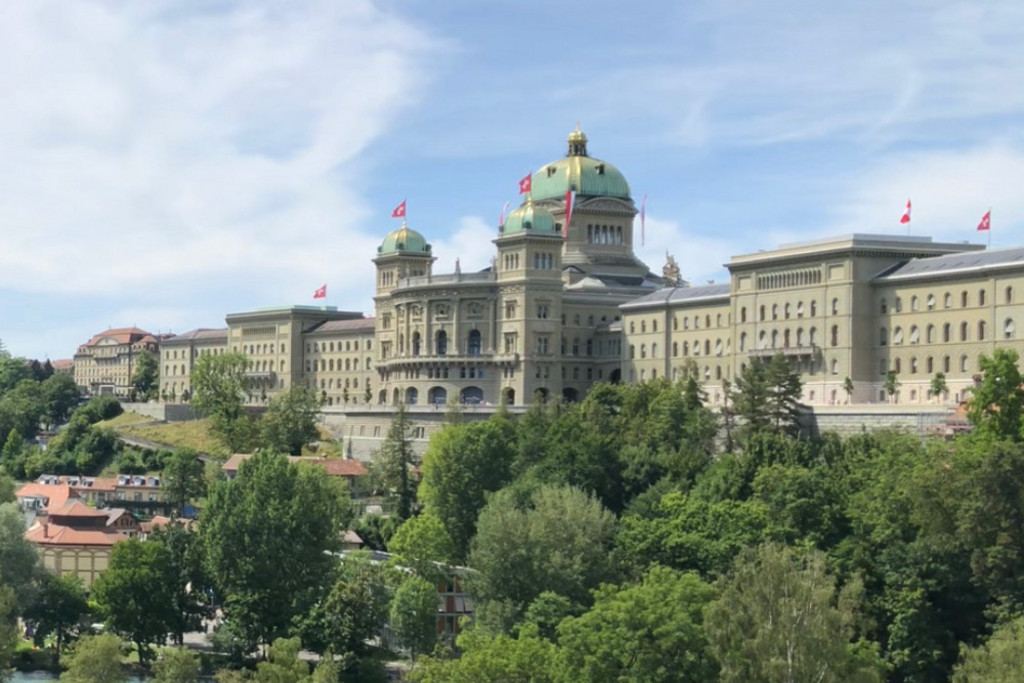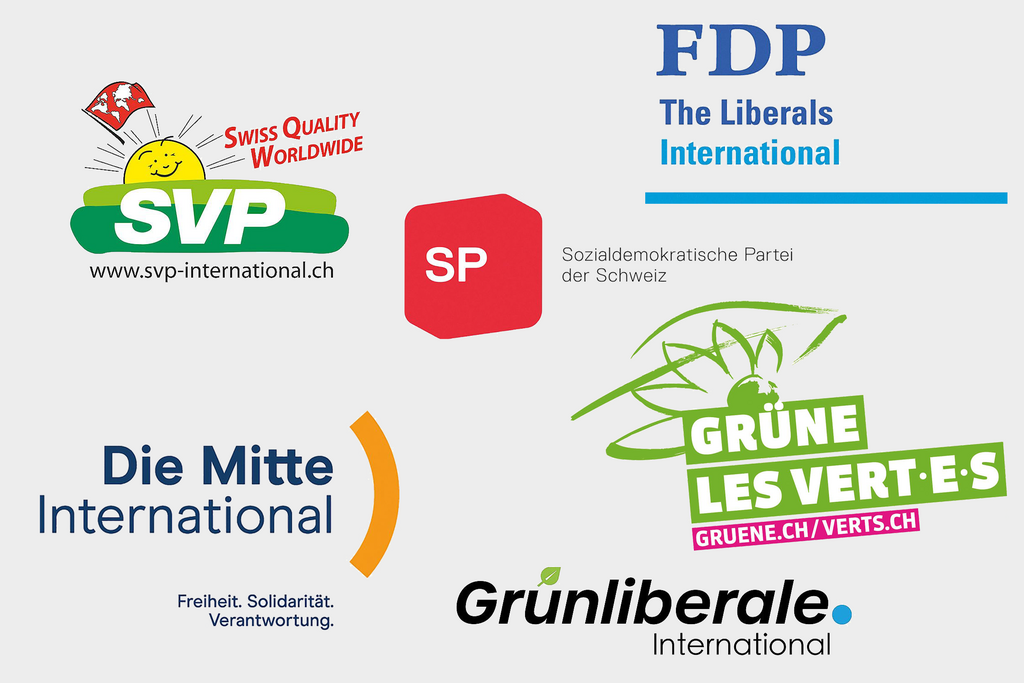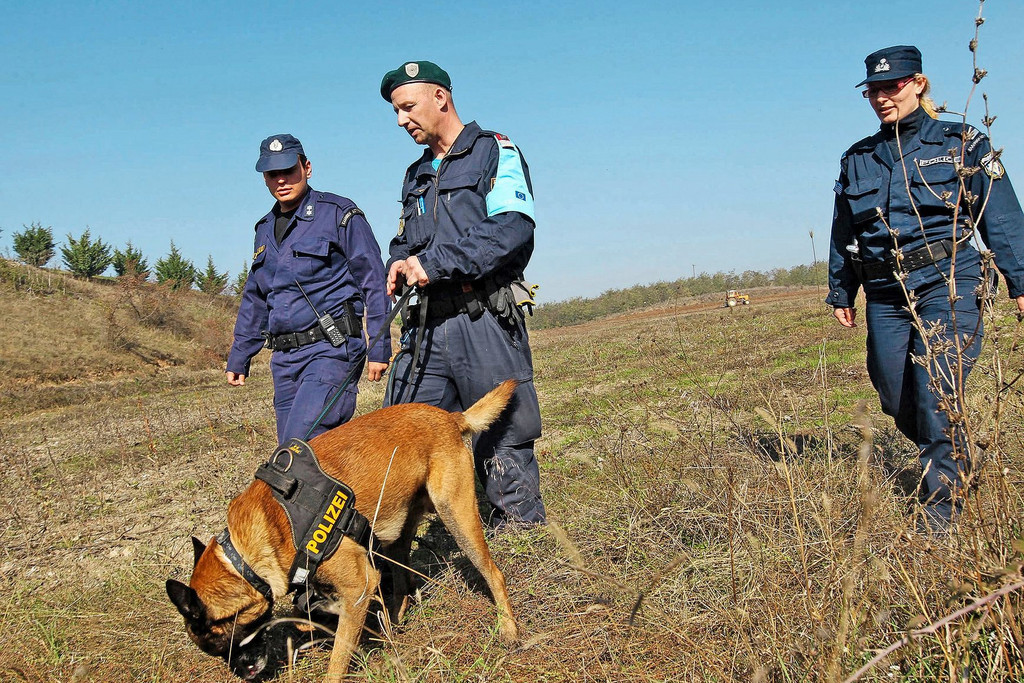How is it possible that a city-canton with just 500,000 inhabitants can be so prized by countries around the globe as a venue for their meetings? Or rather, will this unique status continue given the high cost of living in Switzerland and in a place where, according to an analysis published in late 2015 by the research institute of the Foundation for Geneva, “there are very few opportunities to live near your place of work, the road network is notoriously gridlocked, and there is inadequate public transport provision”?
The authors of this report point to a paradox. “Even though the density of players within international Geneva is greater than ever, Geneva’s ability to remain, alongside New York, one of the two major centres of international governance is being called into question regularly and with a sense of urgency.” Competition is particularly great from Asia, where countries are demanding their slice of the pie in hosting international organisations.
The attractiveness of densely-packed diplomacy
“I’m optimistic,” says Guy Mettan, the director of the Swiss Press Club. He believes there are three main reasons why Geneva has managed to resist the eagerness of cities like Budapest, Abu Dhabi, Nairobi and Songdo in South Korea to knock it off its pedestal. “Firstly, Geneva has expanded and encouraged the hosting of diplomatic missions for the last 15 years. This is a key point because an embassy is expensive to set up, and countries choose the best location with the highest density of diplomatic activity to which to send their representatives. The figures bear this out: over the last decade, Geneva has welcomed 20 new permanent missions at the United Nations Office in Geneva (UNOG) and other international organisations. According to the Presidential Department of the Republic and State of Geneva, the city now accommodates 175 missions. In 2013, a study on international Geneva found that in the previous five years there had been 21 partial moves away compared with 18 new arrivals. The balance therefore appears to have been maintained.
A doubly neutral city
The canton’s second advantage, Guy Mettan quips, is that Geneva is not Berne. “Because it isn’t the capital, it doesn’t represent a nation. Furthermore, it is located within a neutral country, is not part of any transnational organisation and cannot therefore be suspected of harbouring a political agenda in favour of NATO or the European Union. As a result, UN Member States aren’t gathering there in order to do Switzerland a favour but, rather, to defend their regional interests,” Mettan adds. Thus, while tensions remain high in Ukraine and the fighting bloody in the Middle East, Geneva’s double neutrality affords the canton a privileged position.
By international comparison, the report by the Foundation for Geneva concludes, the canton is the world’s premiere centre of governance, ahead of even New York in terms of the number of international conferences and meetings held there annually, at around 2,700. “It would take a huge effort on Switzerland’s part to attain this level of universal dip lomacy if it had to travel to Vienna or Oslo to play this role,” says National Councillor Carlo Sommaruga (GE/PS).
Renovation finance crisis
In April, as Geneva was rocked by a crisis centring on mismanagement by the Foundation for Buildings for International Organisations (FIPOI), the body responsible for steering the renovation of UN buildings, Sommaruga said in the French Swiss press that he had noted “an erosion of support for international Geneva” in Berne. Nevertheless, any annoyance on the part of elected representatives was not borne out when it came to approving loans for work on international Geneva, he said. In June, the Genevan parliament, for its part, approved loans for renovation (see box). At the same time, it also decided to shut down another foundation, the FCIG, which looked after non-governmental organisations, a move that enabled Geneva to get its hands on assets estimated at CHF 28 million. Whereas Guy Mettan views the event as somewhat anecdotal, Carlo Sommaruga considers it a sign that the canton and the Swiss Confederation aren’t interested in NGOs. “We must maintain and develop ideal conditions so that civil society and NGOs can play their part, which is crucial for the smooth running of UN organisations and global governance,” he says.
Now that the case surrounding the FIPOI has been closed, the canton appears ready to pursue its role as “the toolbox of the global world”, as Guy Mettan calls it. Ivan Pictet, a Genevan banker and the president of the Foundation for Geneva, also seems unconcerned. “Even in this age of ultrafast electronic communication, leaders still feel the need to meet in person and exchange opinions directly,” he says.
Pictet sees two trends on the horizon: “international cooperation with less rigid forms than those set up in the aftermath of the Second World War” and the growth of public-private partnerships like the Global Fund, a Geneva-based financial institution set up in 2002 to accelerate the eradication of the AIDS, tuberculosis and malaria epidemics.
Stéphane Herzog is a journalist WITH the “Swiss Review”





![[Translate to en:]](/fileadmin/_processed_/d/2/csm_Revue_202204_Huehnerfarm_SH-Reportage_3074_7901ca94df.jpg)




Comments
Comments :